Sir Richard Branson, the founder of Virgin Group, is a name synonymous with bold ventures, entrepreneurial spirit, and a touch of daring adventure. From humble beginnings, Branson has built a global empire of companies spanning industries from music to travel, telecommunications, and space exploration. His most recent audacious venture, Virgin Galactic, aims to take paying passengers into space, a culmination of his lifelong dream to make space travel accessible. But behind his wealth and celebrity lies a man shaped by resilience, visionary leadership, and a desire to challenge the status quo.
Humble Beginnings
Branson was born on July 18, 1950, in London, England, to a middle-class family. His mother, Eve, was a former flight attendant, and his father, Edward, was a lawyer. Branson was diagnosed with dyslexia at an early age, which made his schooling challenging. He struggled with academic subjects, but his ability to think outside the box and his entrepreneurial spirit were evident early on. At 16, he dropped out of school to start his first business, a magazine called Student, which he ran from a church crypt.
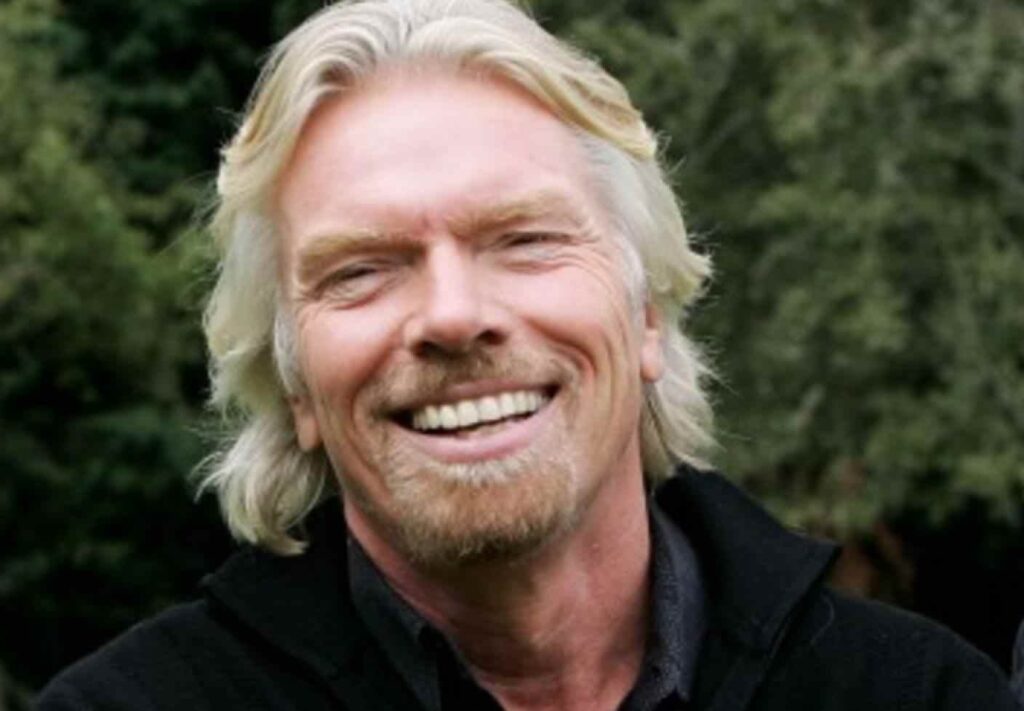
This early experience marked the beginning of Branson’s entrepreneurial career. While Student was short-lived, it provided Branson with valuable lessons in marketing, publishing, and running a business. His next major venture, however, was the one that put him on the map. In 1972, he launched Virgin Records, a record store that grew into one of the world’s leading record labels. Virgin Records signed household names like the Sex Pistols, and in 1982, it was sold to EMI for nearly $1 billion. Branson’s success in the music industry catapulted him to global prominence, but he wasn’t satisfied with just that.
The Birth of Virgin Galactic
Branson’s journey into space began with his passion for adventure. He was deeply inspired by the idea of space travel and had long harbored the dream of commercializing it. In 2004, he took a significant step toward that dream by founding Virgin Galactic. Branson envisioned a world where ordinary people could experience the thrill of space travel, not just astronauts. To bring this vision to life, he partnered with aerospace engineers and scientists to develop a reusable spacecraft capable of carrying civilians into suborbital space.
The road to space travel has not been without its challenges. Virgin Galactic faced significant technical obstacles, delays, and the tragic loss of a pilot in 2014 when its spacecraft SpaceShipTwo crashed during a test flight. But Branson’s determination never wavered. In 2021, after years of setbacks, Virgin Galactic successfully launched Branson himself into space, marking a milestone for both the company and the commercial space industry.
Virgin Galactic is a testament to Branson’s relentless pursuit of new frontiers. Today, the company is focused on making space tourism a reality, with several customers already booked for upcoming flights. Branson’s gamble in the space industry is not just about the riches or the fame—it’s about pushing the boundaries of what is possible and inspiring future generations to dream big.
Leadership Qualities
Branson’s leadership style is a blend of boldness, empathy, and a deep commitment to innovation. Here are some key qualities that set him apart as a leader:
1. Risk-Taking:
Branson is famous for his willingness to take risks. From starting Virgin Records in the highly competitive music industry to venturing into space, he is not afraid to invest in unconventional ideas. His approach is not reckless, but calculated—a belief that the biggest rewards often come from taking the biggest risks.
2. Visionary Thinking:
Branson’s ability to envision the future and think long-term is another defining trait. Whether it was revolutionizing the music industry or venturing into space, Branson is always looking ahead to what’s next. His visionary thinking helps him identify opportunities in emerging markets and industries that others may overlook.
3. Empathy and People-Centric Approach:
Unlike many CEOs, Branson places a strong emphasis on treating people well—whether employees, customers, or business partners. He believes that a company’s success is built on its people, and he has cultivated a corporate culture at Virgin that emphasizes collaboration, creativity, and support. Branson is known for his informal leadership style and his open-door policy, which fosters strong relationships within his teams.
4. Resilience:
Perhaps one of Branson’s most important leadership qualities is his resilience. Time and time again, he has faced setbacks—whether it was the challenges of starting Virgin Airlines, his financial difficulties in the early years, or the tragic SpaceShipTwo crash. Branson’s ability to pick himself up, learn from failure, and persist with his goals is a powerful lesson in perseverance.
5. Focus on Innovation:
Branson’s businesses are all about disrupting industries and challenging established norms. Whether it’s offering low-cost flights through Virgin Atlantic or developing the world’s first commercial space tourism company, Branson has made innovation his signature. He is always looking for new ways to improve the customer experience and solve problems creatively.
Conclusion
Richard Branson’s journey from a dyslexic school dropout to the founder of a multibillion-dollar empire is an inspiring tale of perseverance, bold decision-making, and a relentless desire to break boundaries. Through Virgin Galactic, Branson is not just making space tourism a reality; he’s proving that the sky is not the limit—there is always something greater to aim for. His leadership qualities, including risk-taking, vision, empathy, resilience, and innovation, continue to shape the Virgin Group and inspire entrepreneurs around the world.


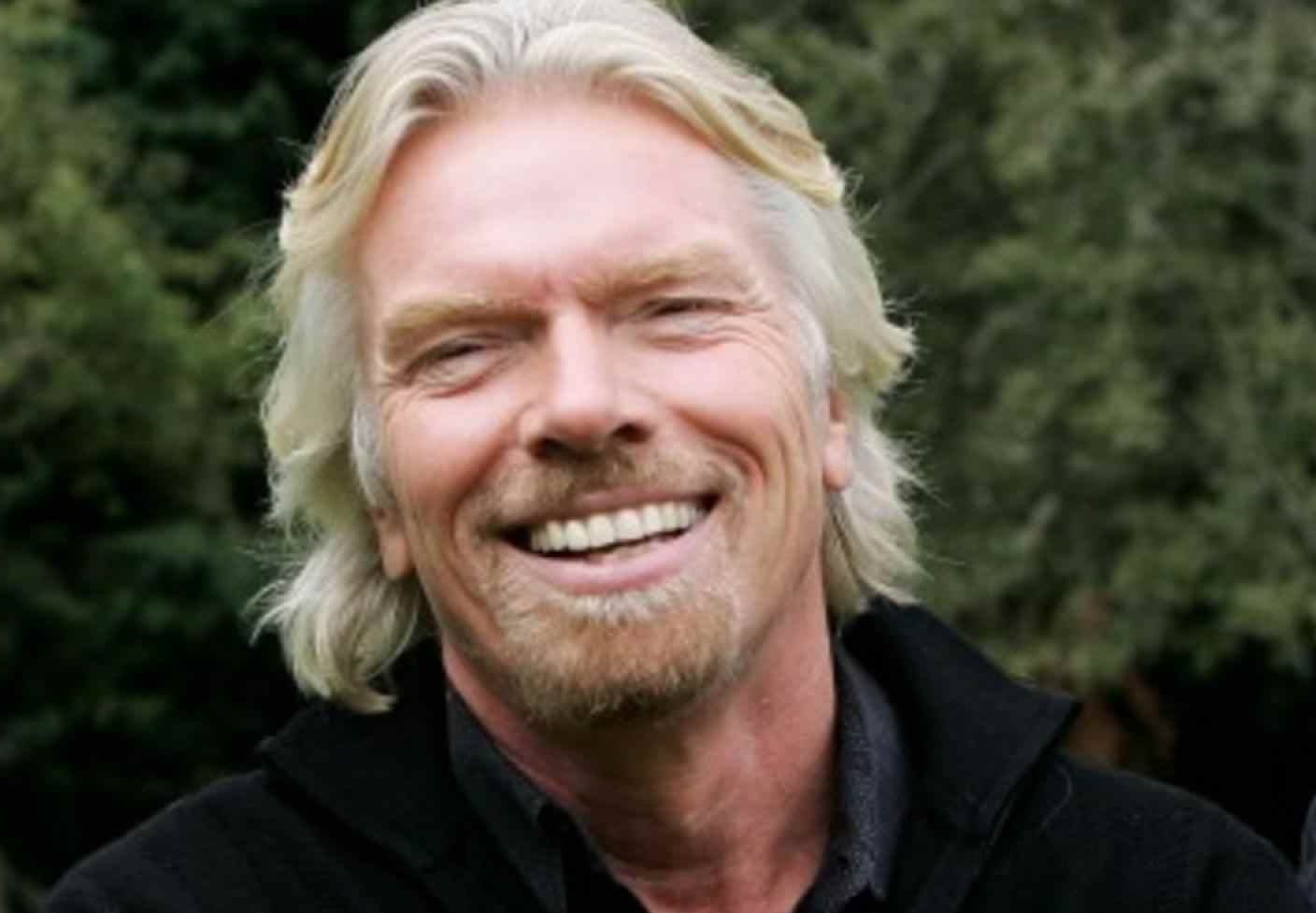

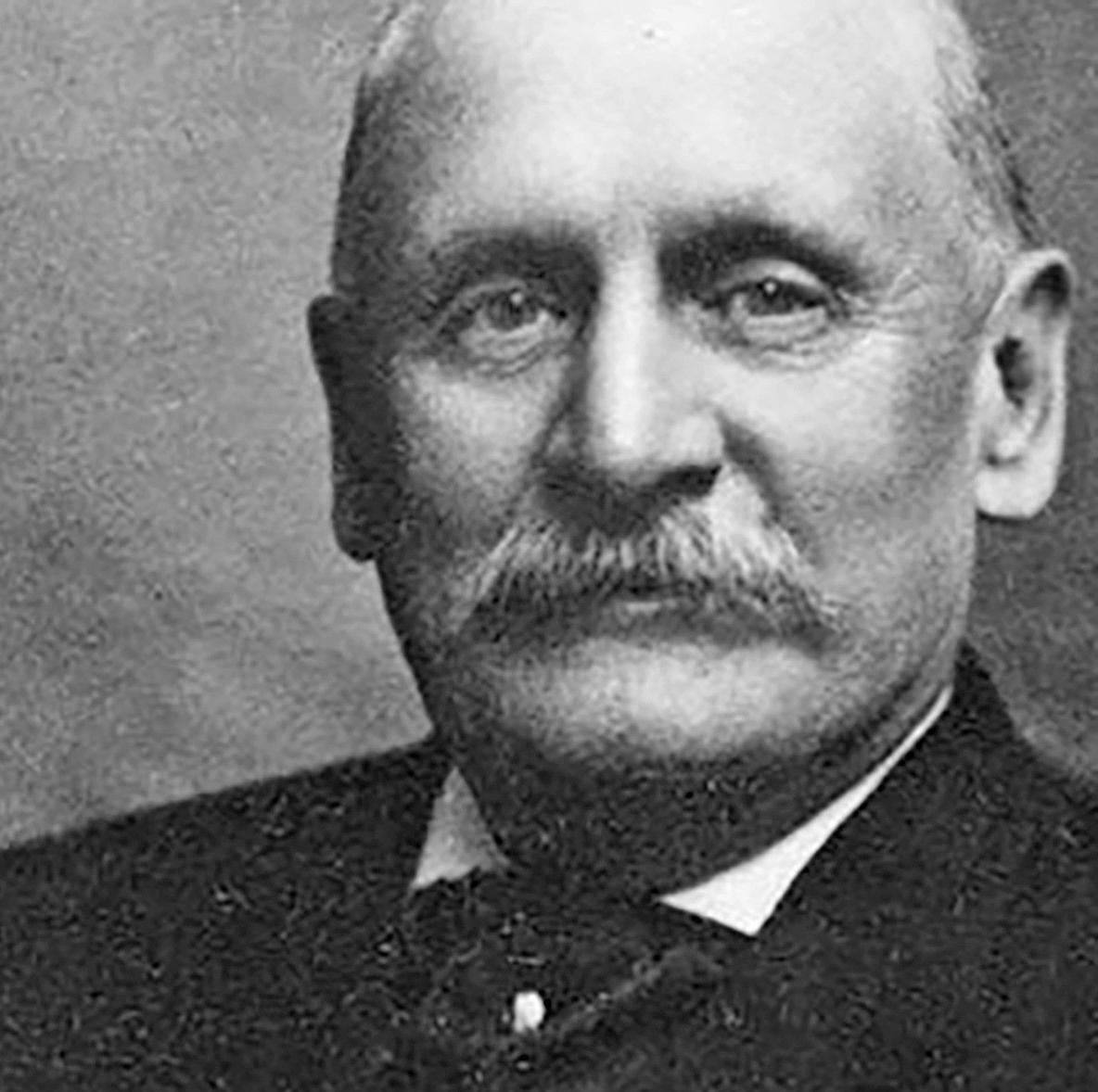
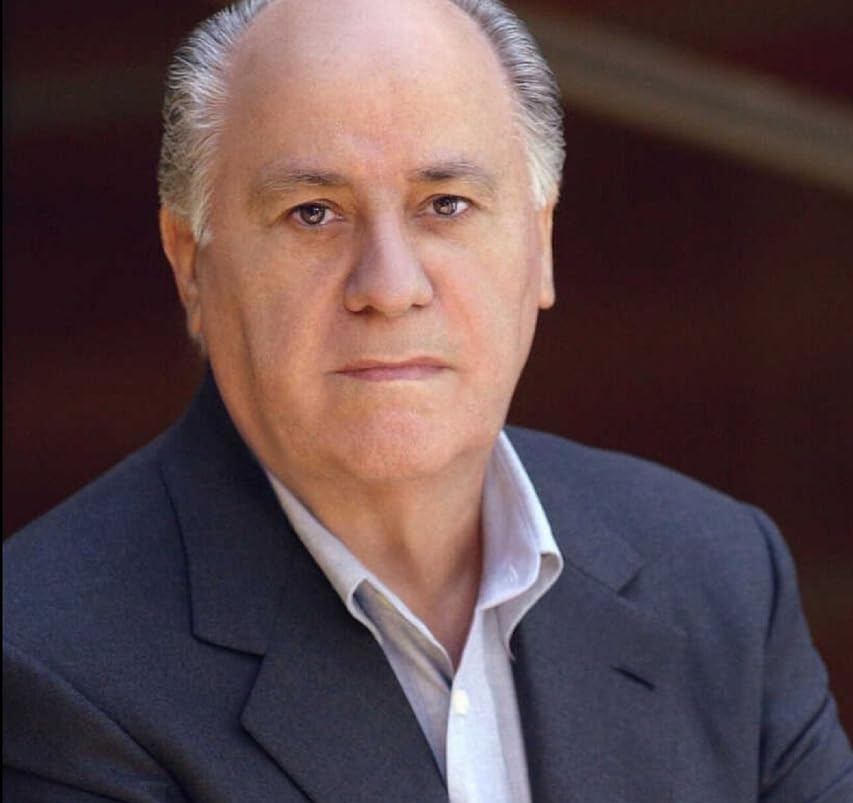

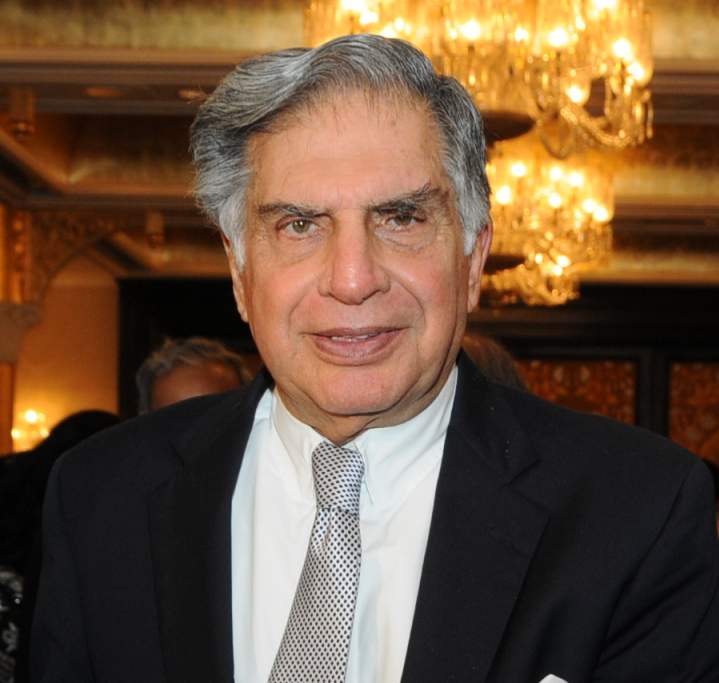

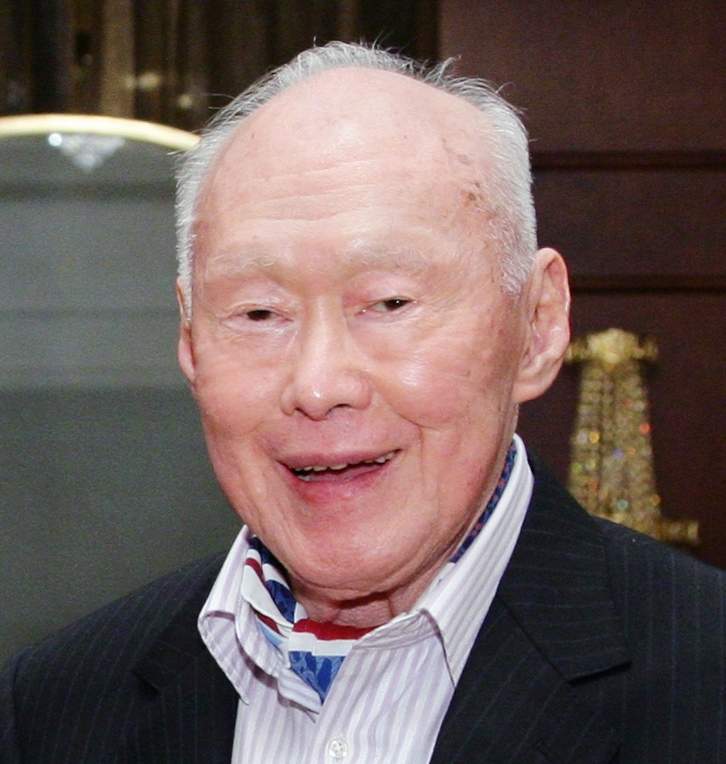



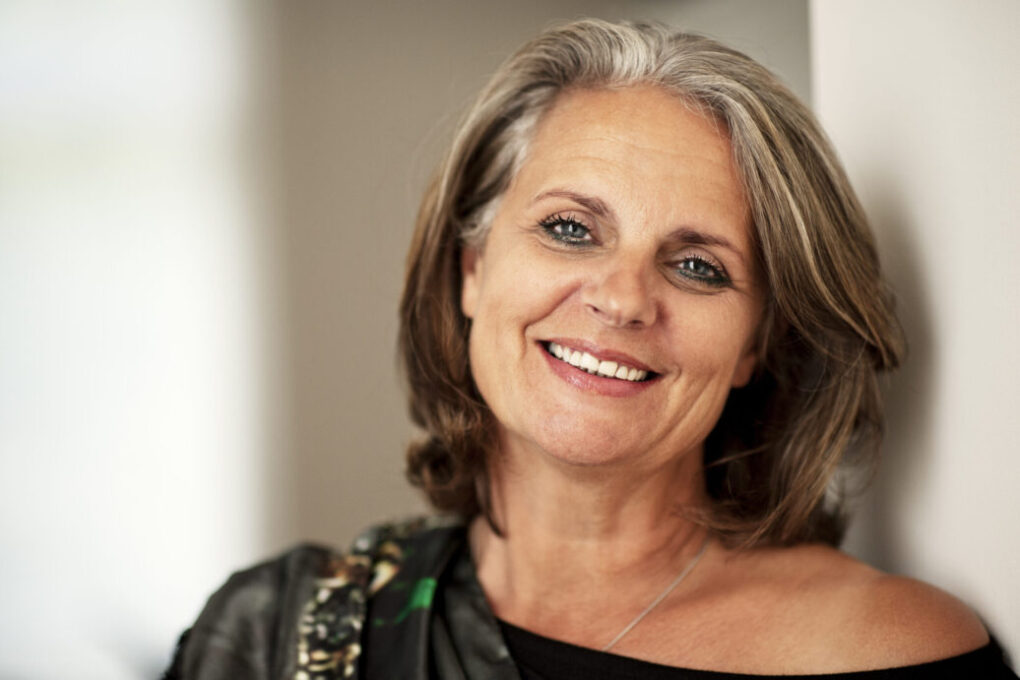
Leave a Reply